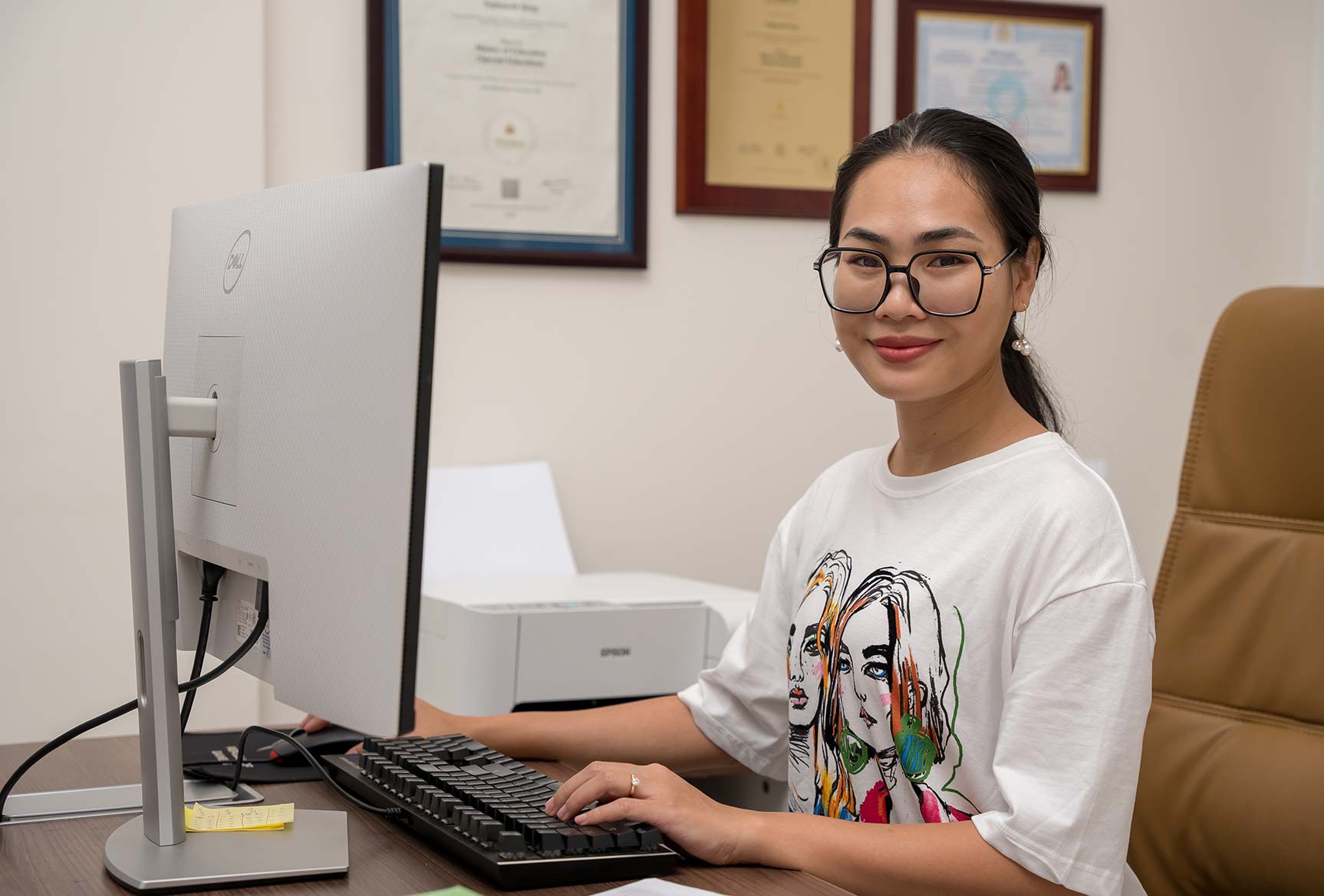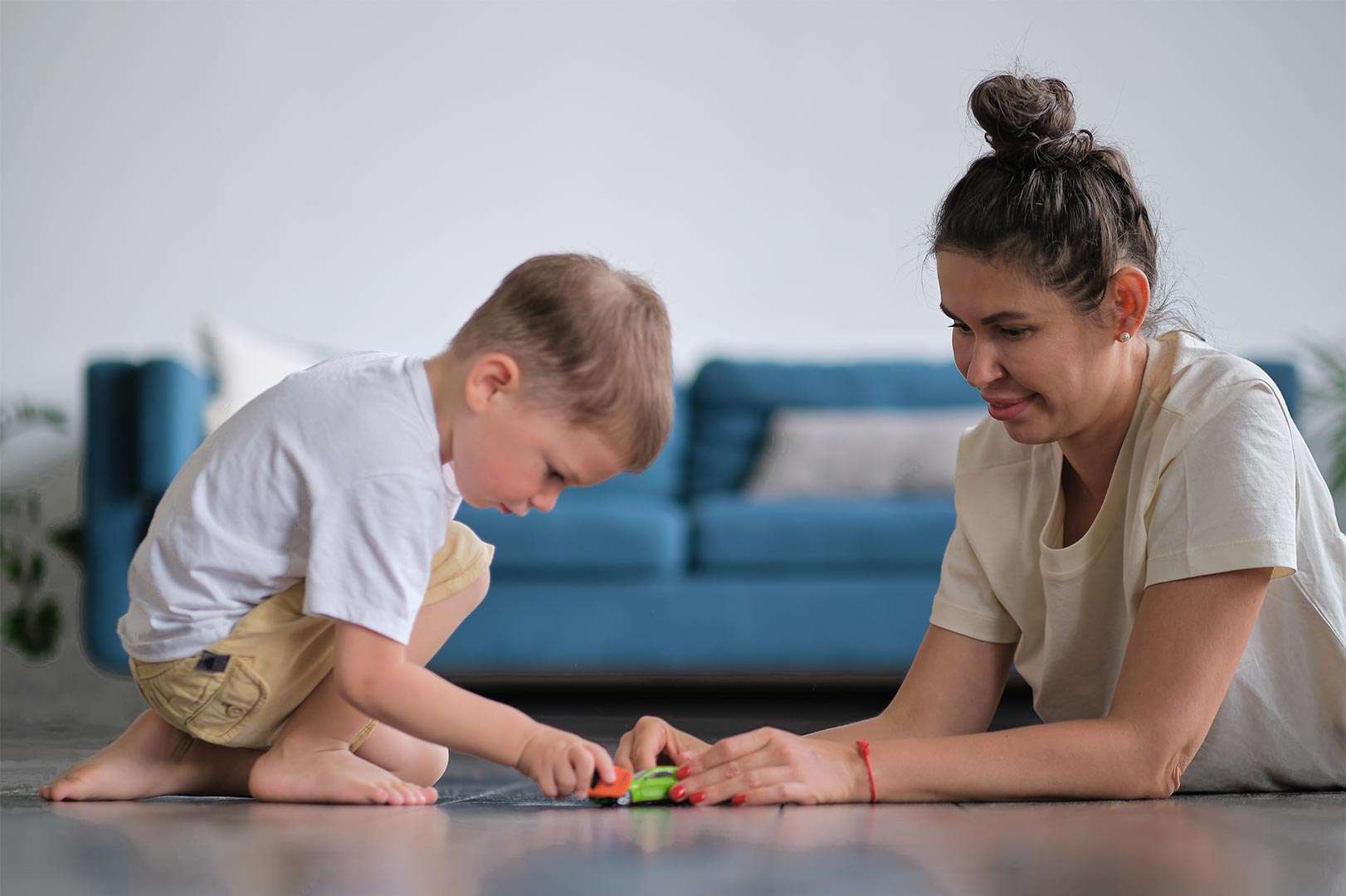An Individualized Education Program (IEP) is more than just a piece of paper. It’s a guide for helping students with disabilities succeed in school. It outlines the specific instruction, support, and services that each student needs to make progress.
IEPs are designed to meet the unique needs of each child with a disability. They outline the child’s present levels of performance, academic goals, and the special education and related services that the child will need to achieve those goals. IEPs also include a plan for how the child will participate in the general education curriculum to the greatest extent possible.
What is Special Education?
Special education is a range of services and supports that are provided to students with disabilities to help them succeed in school. Special education services can vary depending on the individual needs of the child, but they may include:
- Specially designed instruction
- Related services, such as speech therapy, occupational therapy, and physical therapy
- Accommodations, such as extended time on tests or preferential seating
- Modifications, such as changing the way the material is presented or providing the child with alternative assignments
Who is Eligible for an IEP?
To be eligible for an IEP, a child must have a disability that meets one of the 13 categories of disability outlined in the Individuals with Disabilities Education Act (IDEA). These categories include:
- Autism
- Deaf-blindness
- Deafness
- Emotional disturbance
- Hearing impairment
- Intellectual disability
- Multiple disabilities
- Orthopedic impairment
- Other health impairment
- Specific learning disability
- Speech or language impairment
- Traumatic brain injury
- Visual impairment
How is an IEP Created?
The IEP development process begins when a parent or teacher refers a child for special education evaluation. If the child is found to be eligible for special education services, an IEP team will be convened to develop the child’s IEP.
The IEP team typically includes the child’s parents or guardians, general education teacher, special education teacher, any other relevant specialists, and the child themselves (if they are old enough). The IEP team will work together to identify the child’s present levels of performance, academic goals, and the special education and related services that the child will need to achieve those goals.
What is the Least Restrictive Environment (LRE)?
The LRE is the principle that students with disabilities should be educated in the general education classroom to the greatest extent possible. This means that students with IEPs should be placed in the general education classroom unless there is a compelling reason why they cannot be successful in that setting.
What are Accommodations and Modifications?
Accommodations and modifications are changes to the way the material is presented or the way the child is assessed. Accommodations do not change the content of the curriculum, but they can help the child to access the material and demonstrate their learning in a way that is successful for them.
Modifications, on the other hand, do change the content of the curriculum. They may be necessary for students with significant disabilities who are unable to access the general education curriculum without significant modifications.
What are Related Services?
Related services are services that are necessary for a child with a disability to benefit from special education. They may include services such as speech therapy, occupational therapy, physical therapy, and counseling.
What is Transition Planning?
Transition planning is the process of preparing students with disabilities for life after high school. This may include helping students to develop post-secondary goals, such as attending college or vocational training, or finding a job.
How can Parents be Involved in their Child’s IEP?
Parents play a vital role in the IEP development process. They are members of the IEP team and have the right to be involved in all aspects of the IEP process. Parents can help to ensure that their child’s IEP is tailored to their individual needs and that it is appropriate for their child’s academic and social-emotional development.
IEPs are important tools that can help students with disabilities to succeed in school. By working together with the IEP team, parents can help to ensure that their child’s IEP is designed to meet their individual needs and that it is appropriate for their child’s academic and social-emotional development.
Find out if your child needs extra support today!
- My child screams hysterically
- My child is mean to other children
- My child is always worried
- My child is scared to go to school
- My child is scared of loud noises
- My child doesn’t know how to read
- My child is scared to play outside
- My child does not respond to his name
- My child always gets in trouble
- My child fights with other children
- My child doesn’t know how to count
If you are concerned about your child’s development, contact us for Assessments: Phone/Telegram: 077.455.993 – Telegram Link: https://t.me/OrbRom
If you are concerned about your child’s development, contact us for Assessments.
Phone/Telegram: 077.455.993 Link: https://t.me/OrbRom






Leave A Comment